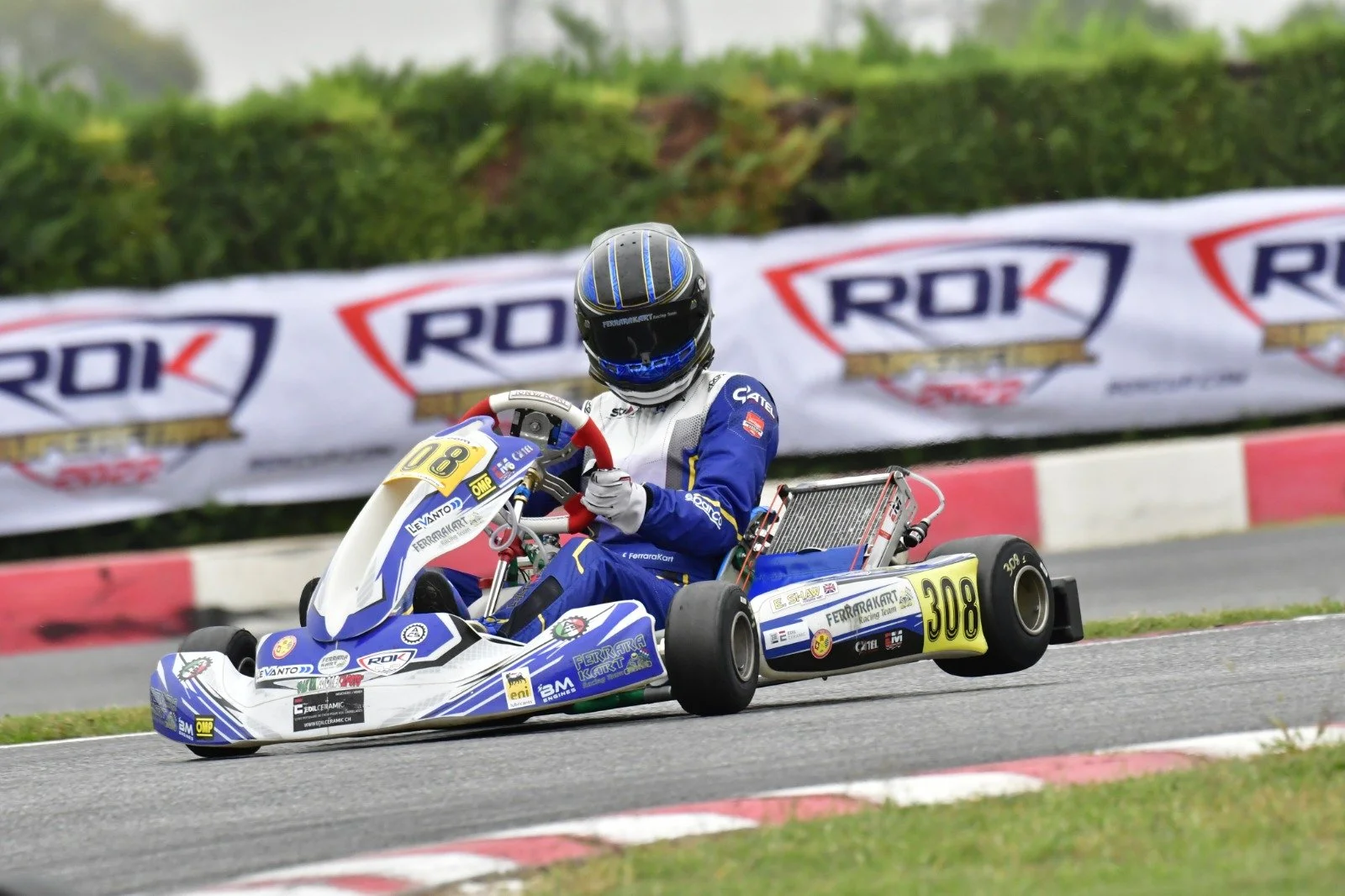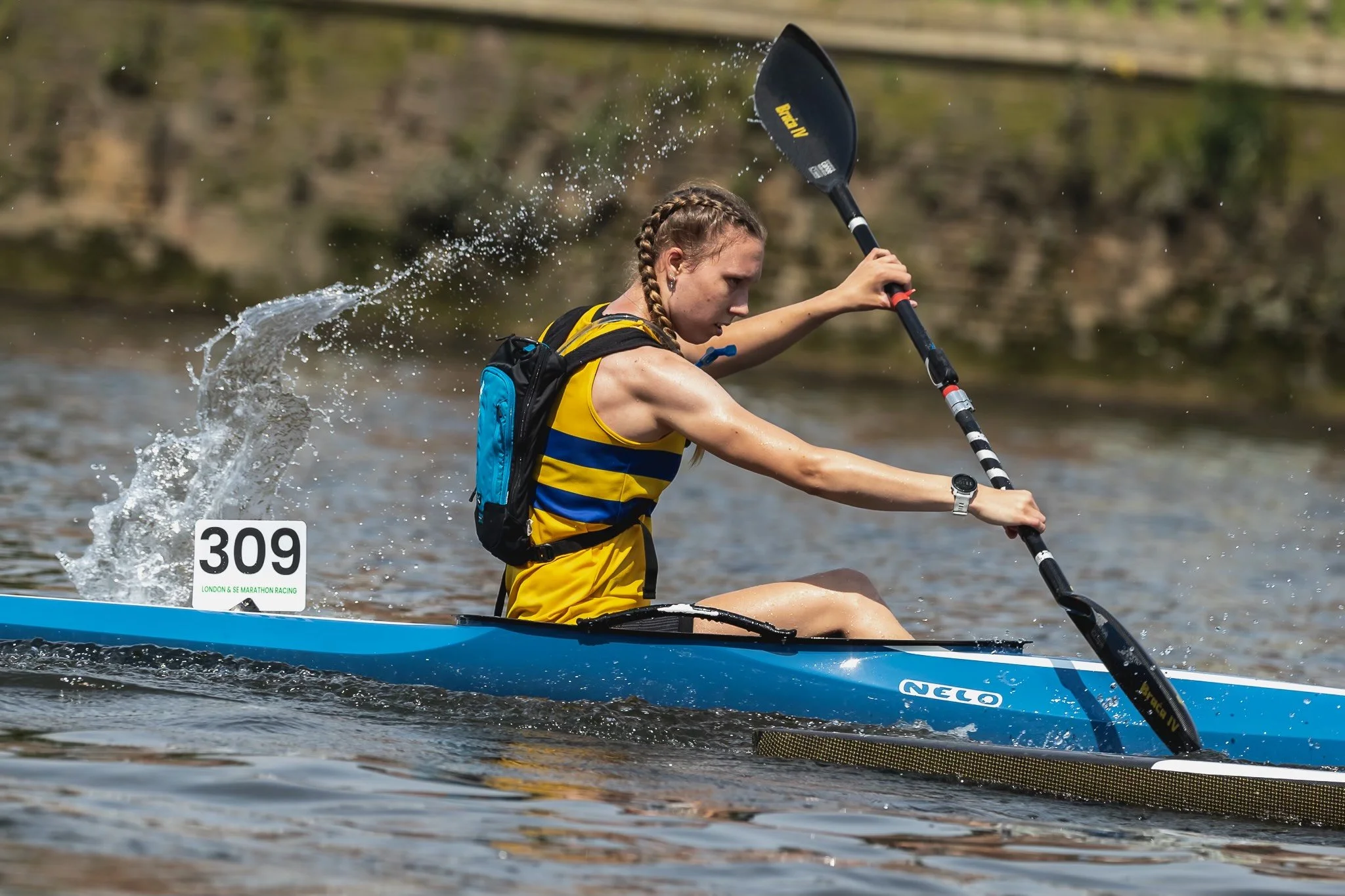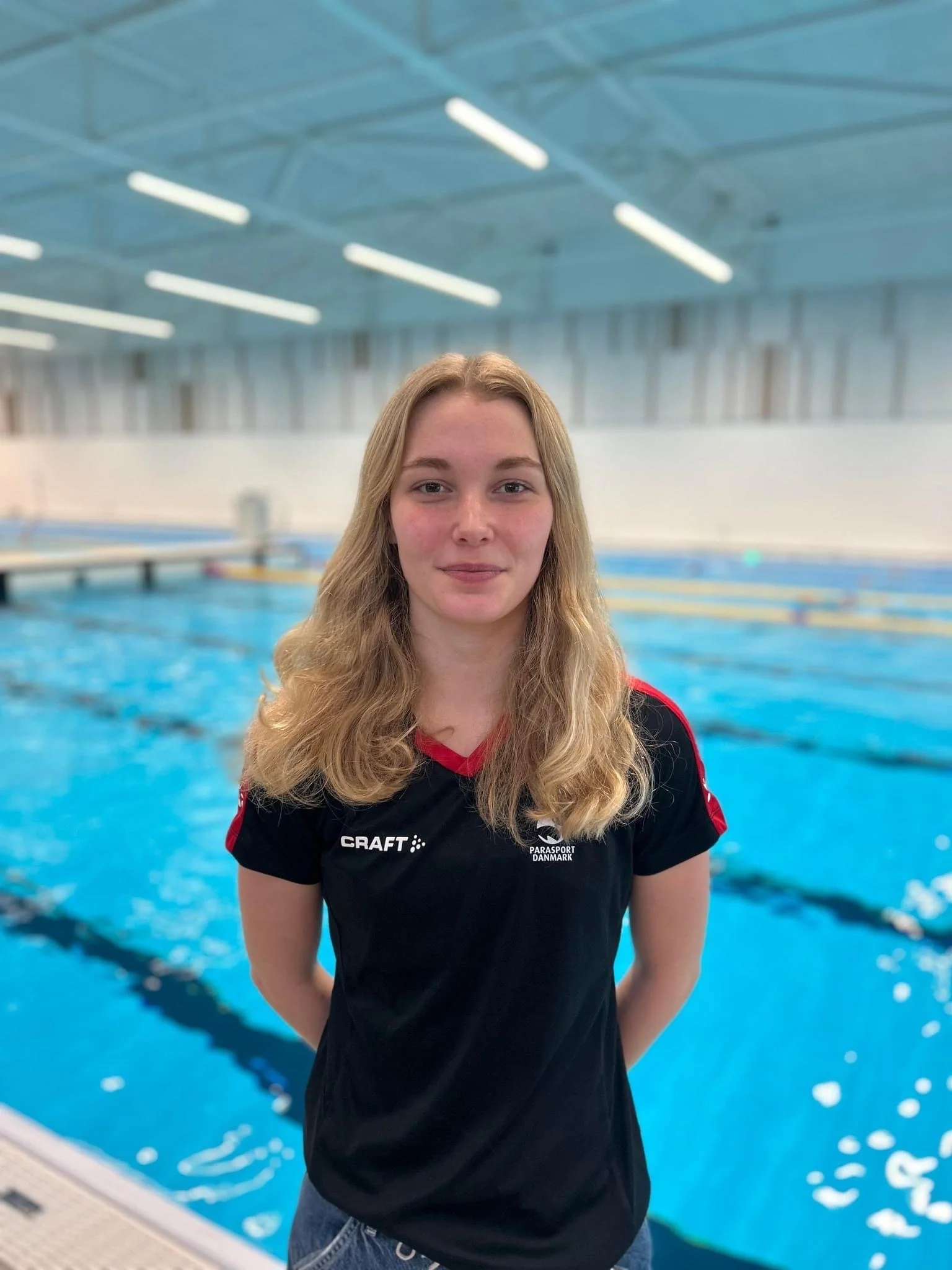Neurodiverse Sport articles
Search for specific content…
More Than What You See: Sarah Hope on Sport, Autism, and Advocacy
Sarah Hope is a former GB wheelchair basketball player and para ice hockey athlete. Diagnosed with autism and hereditary peripheral neuropathy, Sarah shares a powerful story of resilience, burnout, and finding belonging. From masking and misunderstanding to self-advocacy and structure, her journey challenges sport to do better—and reminds us of the strength found in lived experience.
Clay Marzo: Surfing, Autism, and the Power of Speaking Without Words
In this powerful blog, originally captured as a video interview, Olympic rower Caragh McMurtry sits down with world-renowned surfer Clay Marzo and his mother, Jill. Clay, who is Autistic and often finds words difficult, shares glimpses of his inner world through surfing—the water becoming his language. Jill offers heartfelt reflections on parenting, communication, and how understanding Clay’s needs shaped the decisions they made together. This is a story about movement, emotion, and the environments that allow people to thrive.
“Different. But it’s good that I’m different.” — Elliott Shaw, International Karting
Elliott Shaw is a 20-year-old British racing driver competing at the top level of karting—and he’s proudly Autistic and ADHD. In this refreshingly direct interview, Elliott shares how his neurodivergence fuels his attention to detail, resilience, and drive to win. He also reflects on bullying, sensory challenges, and why finding the right team makes all the difference. For Elliott, racing isn’t just a sport—it’s a way to channel his energy, build self-worth, and stay balanced. A powerful story of difference as strength.
Nerys Hall – Learning to Work With ADHD, Not Against It
Junior European medallist and GB kayaker Nerys Hall opens up about her journey with ADHD in high-performance sport. From masking and meltdowns to resilience and self-acceptance, she shares how diagnosis helped her work with ADHD, not against it. Her message is clear: when athletes are understood and supported, they don’t just survive—they thrive.
From “Naughty Kid” to National Competitor
From school exclusions to international podiums, triathlete Tom Epton shares how a childhood diagnosis of ADHD shaped his journey in life and sport. His reflections on behaviour, belief, and building the right support system are a powerful reminder of what neurodivergent athletes can achieve when they're truly understood.
Coaching With Curiosity and Care: Creating Neuroinclusive Environments
Abi Chamberlain, former England Women’s Rugby 7s Captain and current London Irish Women’s Coach, doesn’t label herself a neuroinclusive coach—yet her impact speaks volumes. Her approach, rooted in curiosity and care, creates a psychologically safe environment where all athletes can thrive. In this blog, Abi shares her coaching philosophy, reflects on what it means to unlock performance across diverse minds and bodies, and offers practical insight into making sport more inclusive—without overcomplication. Whether you're an elite coach or a community volunteer, her story reminds us that good coaching is about listening, adapting, and always learning.
Pedalling Through Barriers: Introducing Connie Hayes
Diagnosed with dyslexia and dyspraxia, and awaiting autism assessment, cyclist Connie Hayes has ridden at the Women’s Tour of Britain—but her toughest battles haven’t been on the road. From masking at school to meltdowns in elite teams, Connie shares how neurodivergence shaped her path through sport—and what changed when she finally found a team that understood her.
The Power of Belief, Belonging, and the Right Environment: Maria’s Story
Maria Kjer Rasmussen is a 16-year-old para swimmer from Denmark competing in the new Virtus ii3 category. Diagnosed with Autism (without intellectual impairment), dyslexia, and facing early exclusion from mainstream systems, Maria's story is one of rediscovery through sport. With the help of her family and a one-to-one coach, she found freedom, safety, and purpose in the water—proving what’s possible when a neurodivergent athlete is truly seen, supported, and believed in.
“Person of Determination”: Triathlete, Trailblazer, Sam Holness
Sam Holness is the first openly autistic athlete to compete in the Ironman World Championships—and he’s not done yet. With a 13-hour finish time, unwavering family support, and a training ethic that puts most to shame, Sam’s story is a reminder of what’s possible when we replace limits with belief. This blog explores his journey, mindset, and what sport—and society—can learn from “The Sam Effect.”
Lifting Limits: How ADHD Fuels Alfie Poyser’s Strongman Success
Strongman athlete Alfie Poyser opens up about late ADHD diagnosis, finding belonging through lifting, and how the sport’s vibrant, authentic culture has helped him thrive. A story of personality, perseverance, and the power of being different – this was our very first Neurodiverse Sport blog, and it’s still one of the most inspiring.
Not the Obvious Athlete: Anne-Sophie Thilo’s Story of Grit, Guile and Growth
Olympian Anne-Sophie Thilo shares how her High Intellectual Potential helped her problem-solve and strategise her way to the top of international sailing—while also leaving her socially isolated and emotionally misunderstood. Her story challenges what it means to be an athlete, why neuroinclusion matters, and how sport can better support those who think—and feel—differently.











